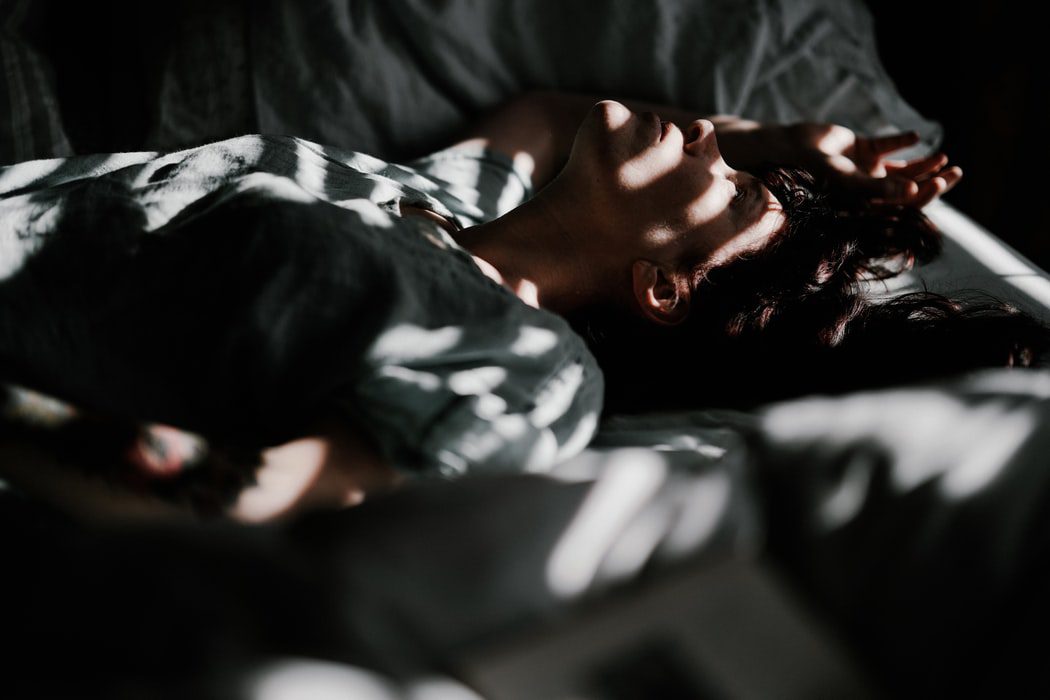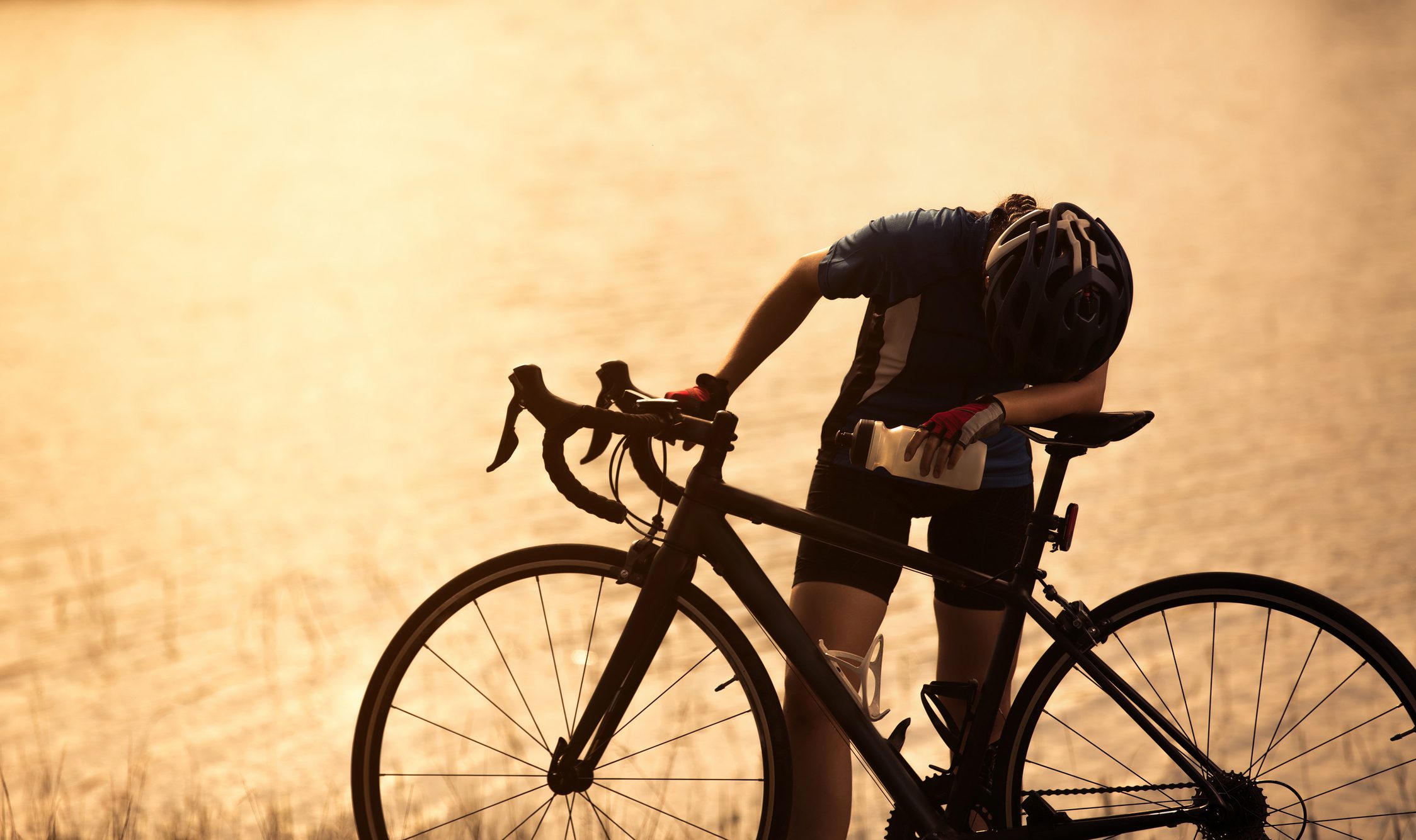How cycling can help with pandemic-induced insomnia
Exercise, if used correctly, may help you get better sleep

Having trouble sleeping? You’re not the only one. As we spend our days cooped up at home, our daily schedules have undergone massive disruptions, resulting in insomnia and sleep disruptions. Changes in routine, the stress of a global pandemic and the unstable economic situation can cause anxiety and depression, further impacting your ability to relax and sleep well.
Normally, approximately 30 per cent to 35 per cent of the population experiences acute insomnia. No statistics are available for the past few months, but right now, as people struggle with an international crisis, worldwide Google searches for ‘trouble sleeping’ are at the highest they’ve been in the past five years.
Avoiding naps, sticking to a regular schedule, establishing a routine, reducing screen time before bed and cutting down on caffeine consumption are all solutions suggested by Sleep on it, a Canadian awareness campaign. The campaign also suggests regular exercise, but there are some specific ways activities like cycling can help (or hinder) your search for rest.
Cycling for sleep
There is still a lot that isn’t understood about the relationship between exercise and sleep. Sleep and exercise influence each other in complex ways.
If you have a poor night’s sleep, you will likely have more trouble with the next day’s workout. On the other hand, exercising, in some ways, can help with better sleep, leading to better workouts the next day. The relationship is not concrete but there are a few tricks that can help increase the likelihood of exercise helping you to get better rest. It’s important to figure out what works for your body. While these are general guidelines, bodies are all different and what works for one person may not work for another.
Don’t ride too close to bedtime
Aerobic exercise causes the body to release endorphins. These neurotransmitters will help reduce stress and increase your levels of relaxation, but may also hinder your ability to sleep if you exercise too close to your bedtime.
“Ideally, exercising in early evening should allow enough time for the body (and the mind) to return to its base rate,” says Charles Morin, Canada Research Chair in behavioural sleep medicine at Laval University. “Body temperature decreases by about 1.5 degrees during sleep. When someone exercises in the early evening, body temperature will increase and this increase will be followed by a rebound cooling effect a few hours later. If this rebound cooling effect can be paired with bedtime, it should facilitate sleep onset.”
RELATED: Should cyclists take CBD for recovery?
Get some sun
Cycling Canada recommends riding inside as much as possible during this crisis, but the government also suggests getting outside for a small amount of exercise once a day. A short, safe local bike ride can help with insomnia by exposing you to daylight. Your biological clock may be affected by the lack of sunlight you’re getting sitting at home, so bringing yourself outside once a day will benefit you by reminding your body it’s daytime.
How much and how hard should you ride?
The good news is, you don’t have to ride a century to ‘tire yourself out’. Just 30 minutes of moderate exercise a day can be enough to help with sleep. “Studies have shown that a regular and low to moderate intensity exercise regimen may improve sleep quality in older adults,” says Morin.
Harder workout sessions may actually increase sleep fragmentation (waking sporadically at night), especially in older cyclists. If you’re struggling with sleep and deciding between a harder or moderate workout, try going with the easier one and see if it makes a difference for you.
RELATED: The complete guide to cycling during COVID-19
Stress is a major contributor to sleep problems, and if getting in a workout feels more stressful than beneficial right now, take a few rest days and use some time for self-care and relaxation.

